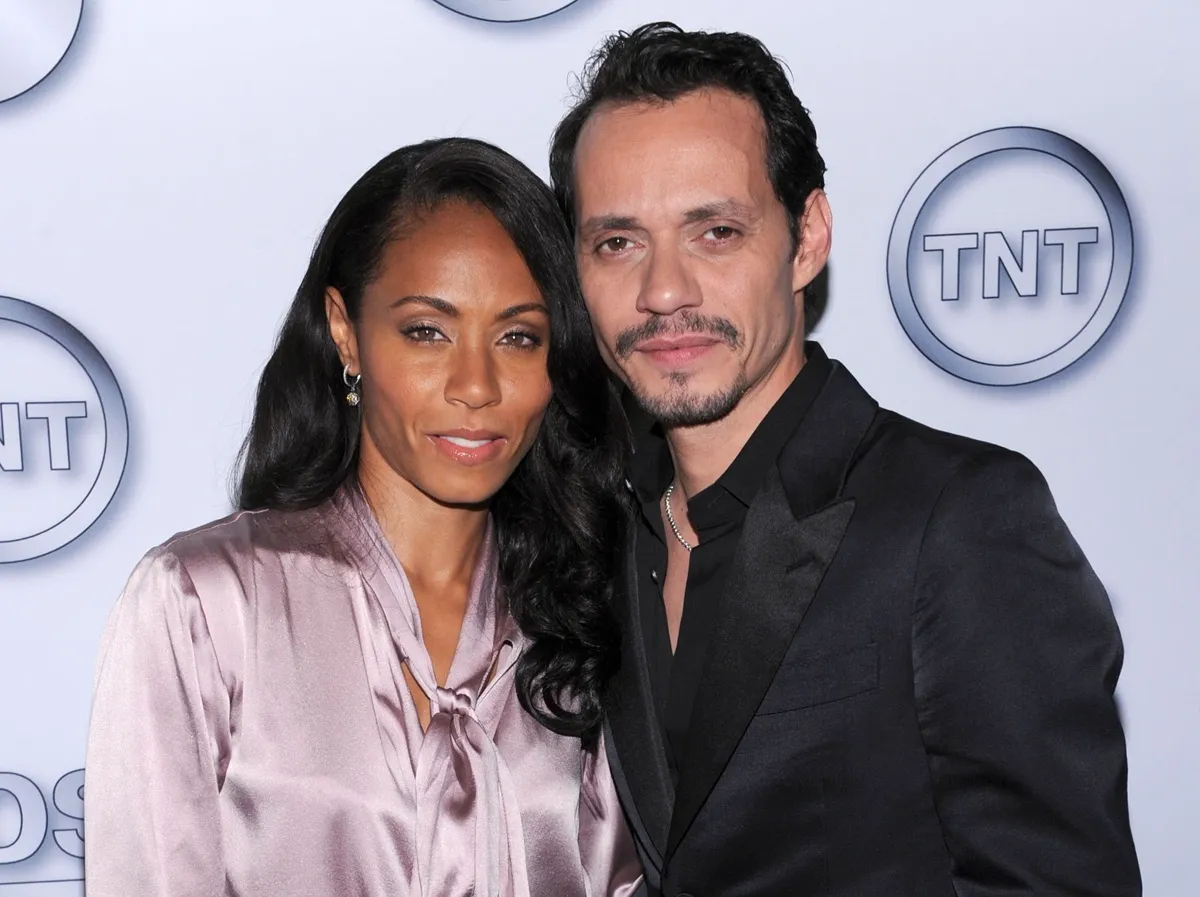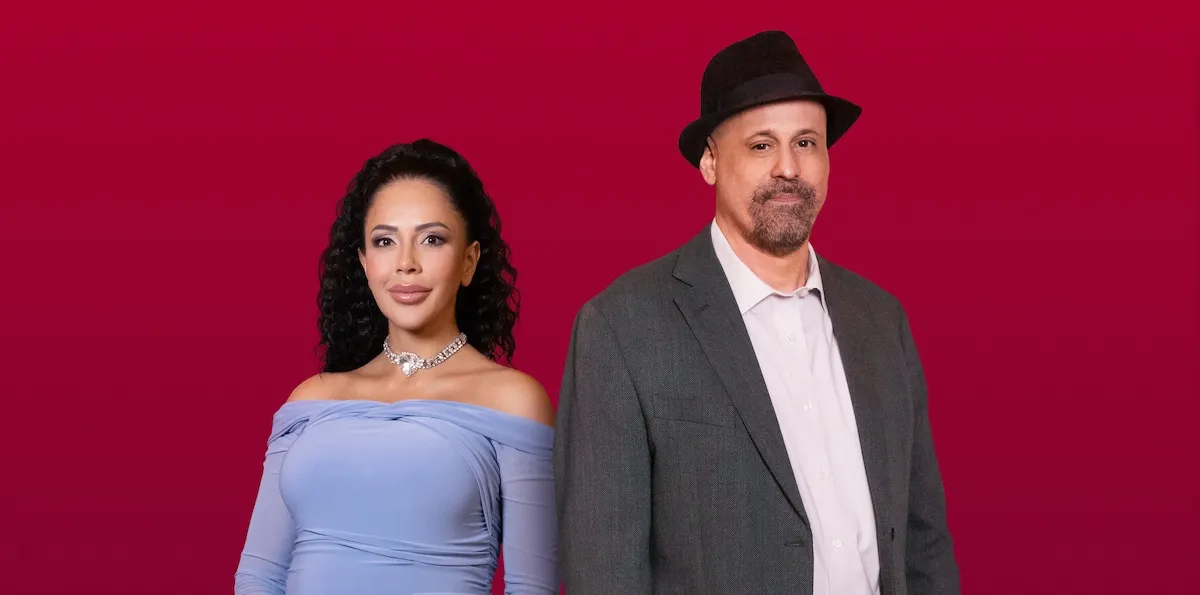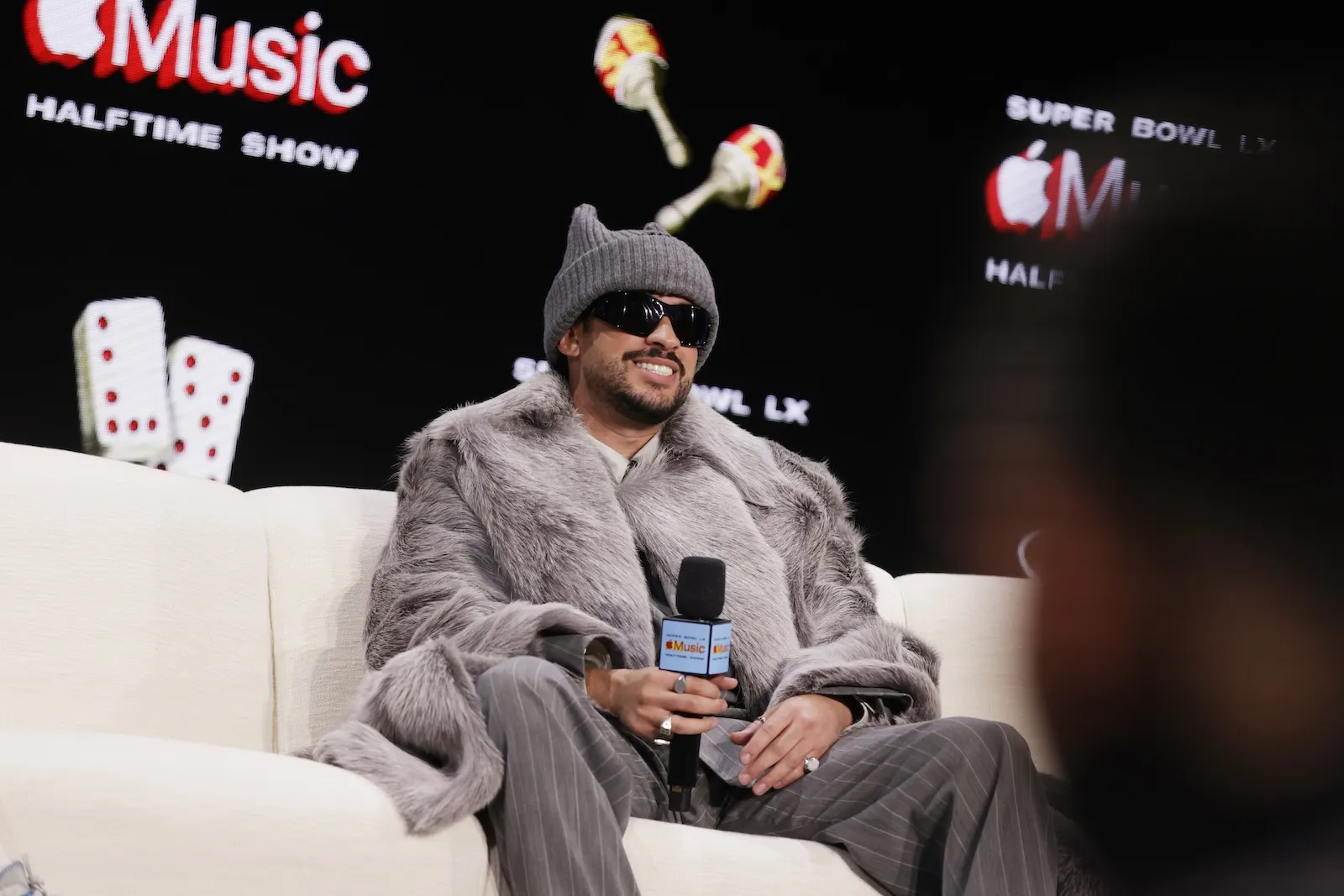When Peter Tosh and the Rolling Stones Had Their Falling Out
The partnership between Peter Tosh and The Rolling Stones looked promising when it kicked off in 1978. After releasing two fine albums (including 1976’s Legalize It) as a solo artist, Tosh hoped to continue expanding his audience outside of Jamaica.
The Rolling Stones could help on that front, and brought Tosh aboard its small record label. During sessions for the album, the Stones frontmen produced and contributed on three tracks. Later, the Stones had Tosh open shows for them on the Stones’ ’78 tour through North America.
That gave Mick Jagger and Tosh an opportunity to perform their cover of “(You Got to Walk and) Don’t Look Back,” the lead single on Bush Doctor, Tosh’s debut LP on Rolling Stones. But though Tosh recorded two more albums on the label, things didn’t end nicely between the two parties.
Peter Tosh believed the Rolling Stones didn’t promote him enough
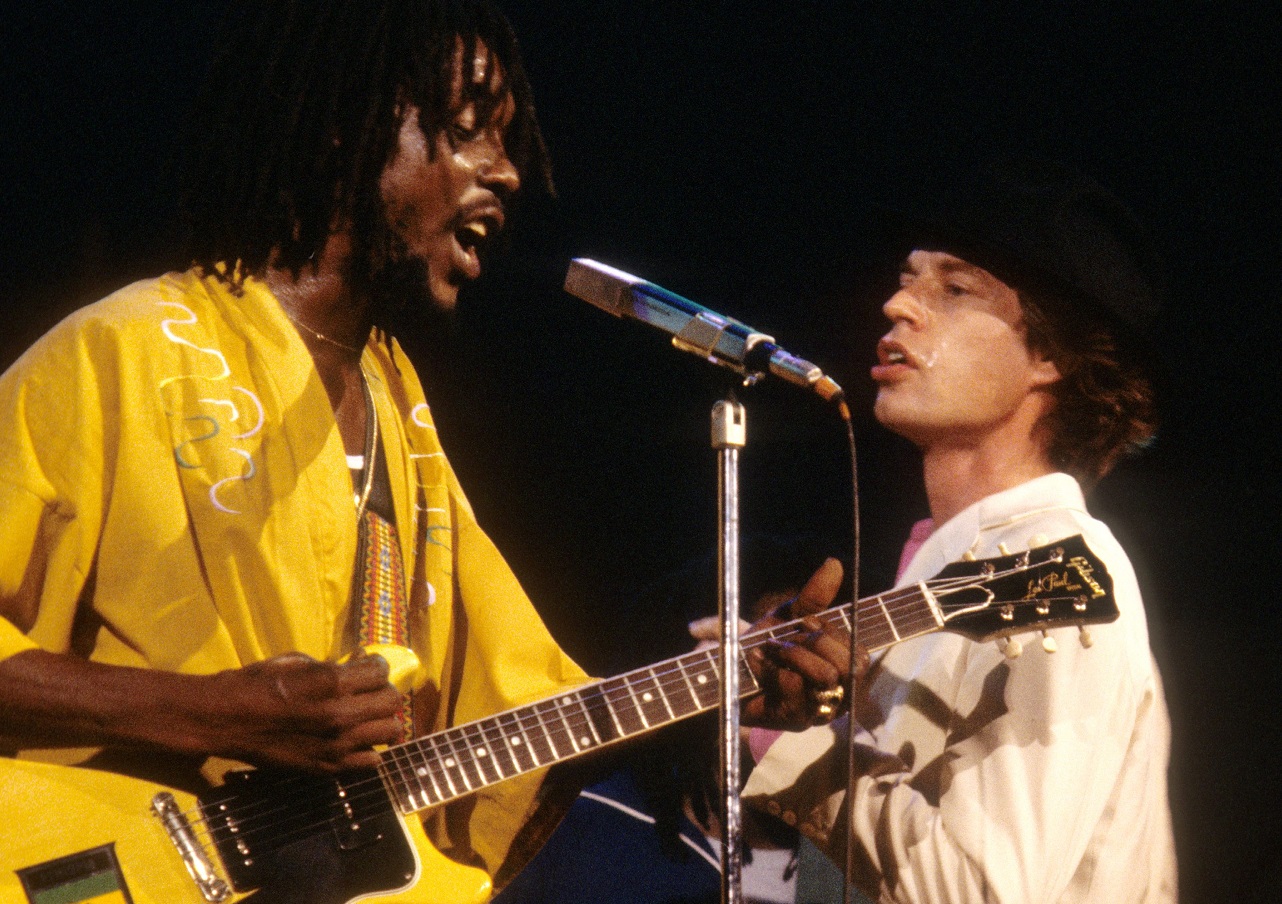
Prior to signing on the Stones label, Tosh’s records hadn’t registered much on pop charts in the U.S. and U.K. Legalize It barely even cracked the Billboard 200 (at No. 199), though it fared better in the U.K. (No. 54). As for Equal Rights (1977), that LP didn’t chart on either side of the Atlantic.
Bush Doctor improved upon that, peaking at No. 104 in America. And “You Got to Walk and) Don’t Look Back” broke through the Billboard pop charts, peaking at No. 84. In the U.K., Tosh and Jagger’s performance made it all the way to No. 43. All in all, it was a good start, if not Bob Marley-esque.
Tosh began to grow bitter when his subsequent releases on Rolling Stones Records didn’t improve a great deal on those numbers. In the Tosh biography Steppin’ Razor, John Masouri heard from several close associates who’d heard the reggae titan lodge complaints about a lack of promotion.
On the Stones’ part, they were dealing with an artist who simply hadn’t found his niche internationally. And Tosh wasn’t the man to change course. “Peter was an edgy guy and was frustrated a lot of the time,” Jagger once told Rolling Stone. “Bob Marley got so big, and that probably annoyed him.”
Tosh and Keith Richards reportedly also had problems toward the end
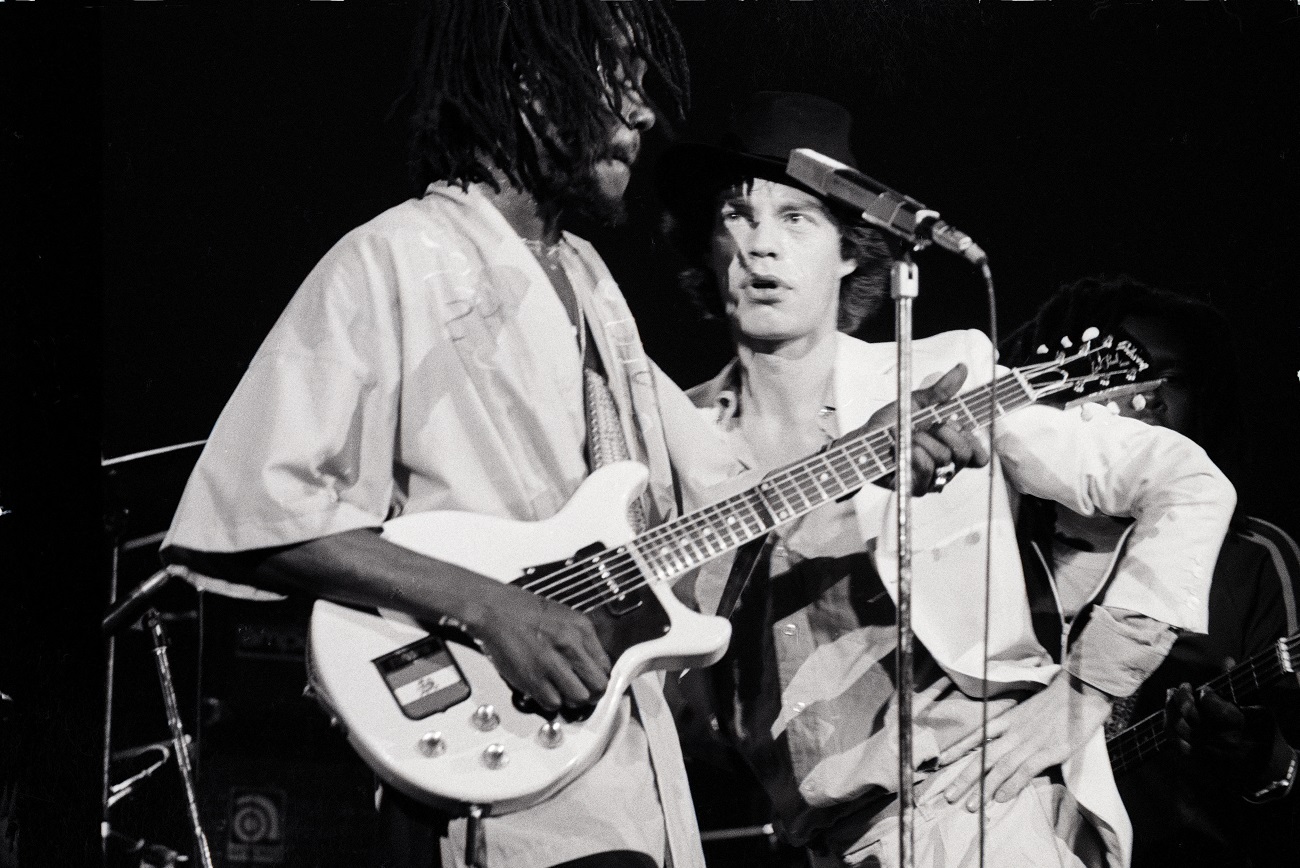
Looking back, Tosh had clearly tried to find a bigger audience with his Jagger duet and a later cover of “Johnny B. Goode” (also a minor hit). He spoke about trying to increase record sales with that release. But the cash registers hadn’t begun ringing.
Meanwhile, Tosh’s personality didn’t seem to be a good fit for Keith Richards. (See them interact in the “Waiting on a Friend” video at 1:35.) In Steppin’ Razor, reggae promoter Warren Smith told an anecdote about Tosh keeping an expensive vintage guitar he’d borrowed from Richards. Richards didn’t like that.
That wasn’t the end. Many sources report the story of Tosh wearing out his welcome in Richards’ Jamaican home. In some accounts (including that in The Natural Mystics), Tosh threatened Richards when the latter returned to take possession of his house — and Richards heartily accepted the threat.
However, other accounts chalk that up to an incident that got blown out of proportion. In the end, Rolling Stones Records was a business, and Tosh hadn’t paid off as an investment. The relationship concluded after 1981’s Wanted Dread & Alive.
